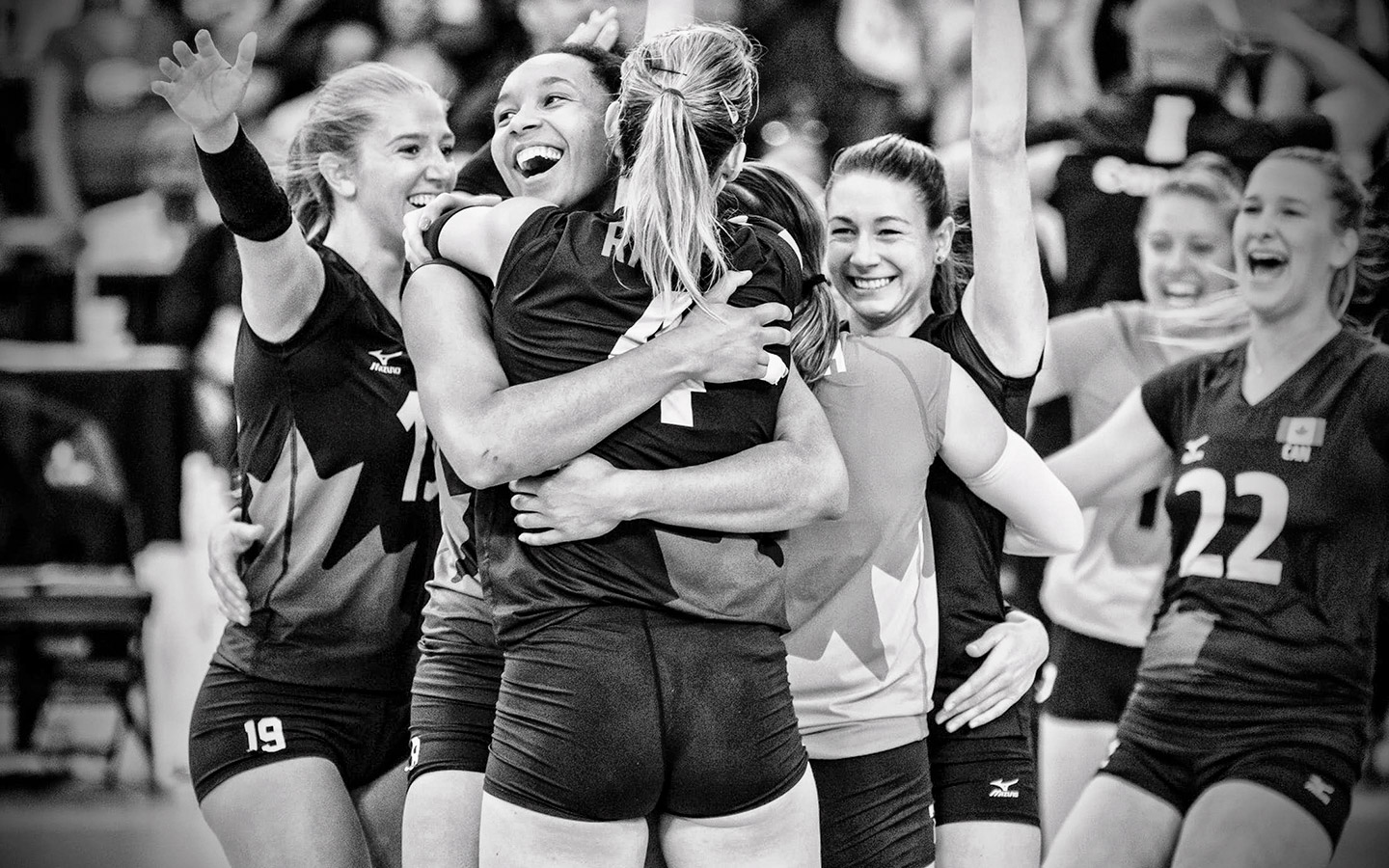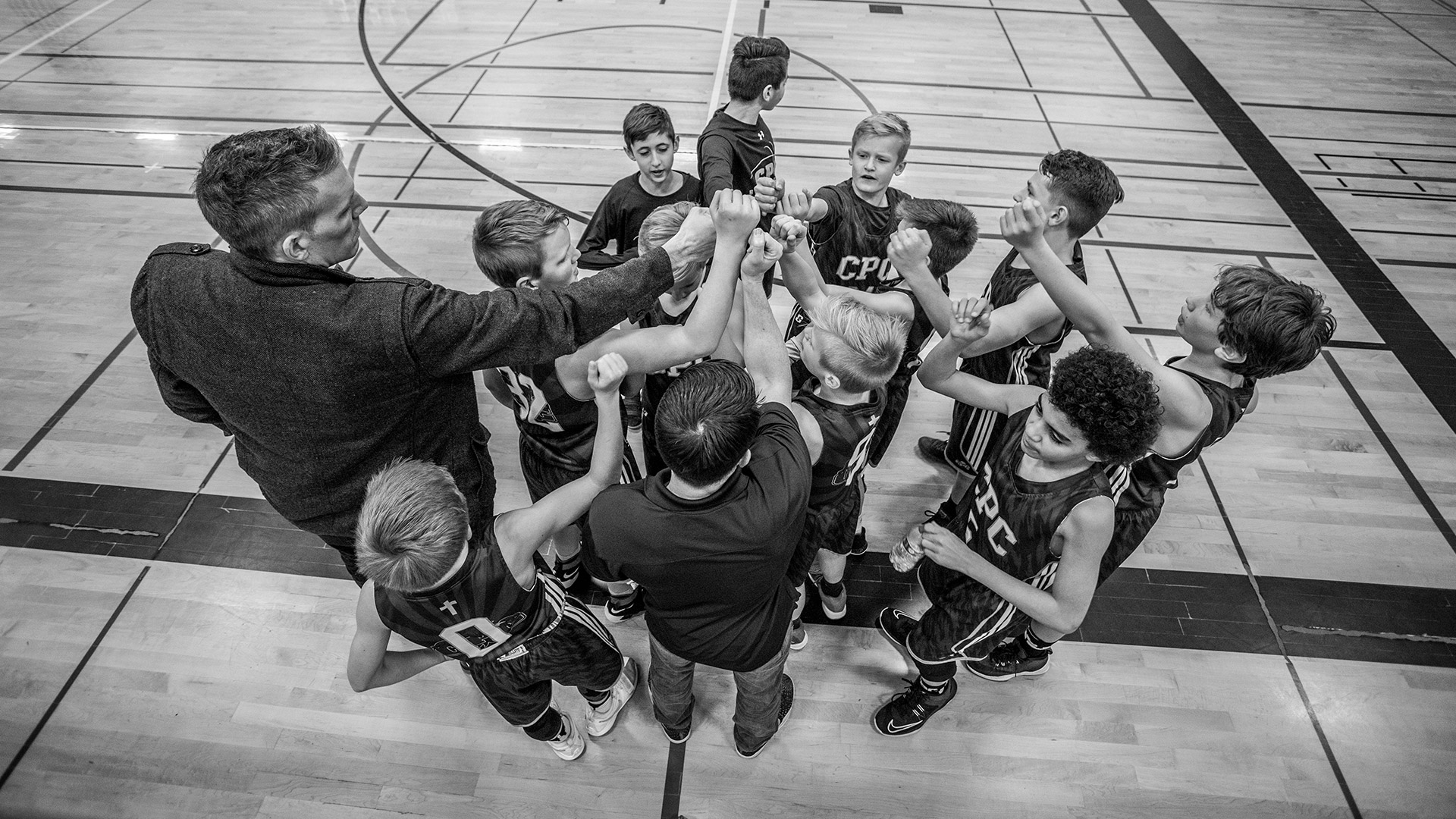The phone rang and it was my 12 year old daughter. I was coaching at the NCAA Wrestling tournament and had to miss her event. I answered the phone and on the other end was a bubbly 12 year old girl who loves the game of volleyball. It was in this moment I made what I consider to be an innocent parental mistake. I asked the question most parents ask their kids after an event. “How did you play?” It seems harmless but I immediately knew I had to make some changes.
After spending nearly 20 years in coaching and nearly a decade as a Division I coach I knew the dangers associated with that question. One of the biggest complaints of coaches today at the upper levels is a lack of a team mentality from players. It most often centers around the pronouns me, myself, and mine. I know this about my own children. I don’t have to teach them to be selfish but I have create strategies to train them to be about others.
I made a commitment that day to ask a different set of questions in a specific order after an event. I believe these questions can help us raise the next generation of young people to be more selfless and excited to be about the team.
- How did the team do? This questions centers around what’s most important, the team. By asking this question first we model to our child that it’s bigger than them.
- Which of your teammates played really well? Affirming others is not easy. It takes practice and repetition just like any other skill. It’s our responsibility to model and help cultivate this type of behavior in our children. I can assure you that teams that affirm one another usually achieve more than those who don’t. I also believe a coach will thank you one day for building this skill into your child.
- How did you play? We care about our kids so of course we want to hear about them. Just make sure it’s in the right order. This type of strategy will help your children see that you value others as well. As you end the conversation never forget to let them know how much you love to watch them play. Their performance should validate their praise, it’s their presence we should validate.
The athletic journey can be difficult but when we make an effort to do it a better way I believe we can empower a generation that could change the world for good.



